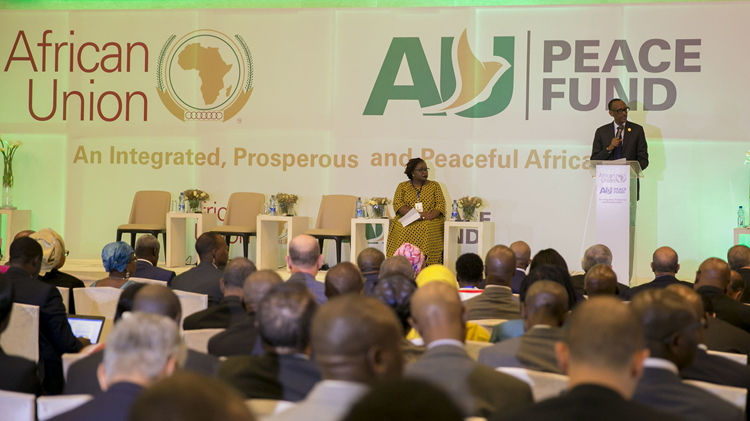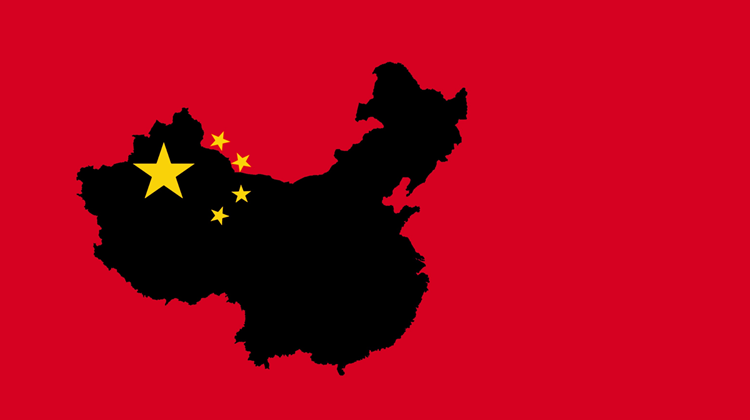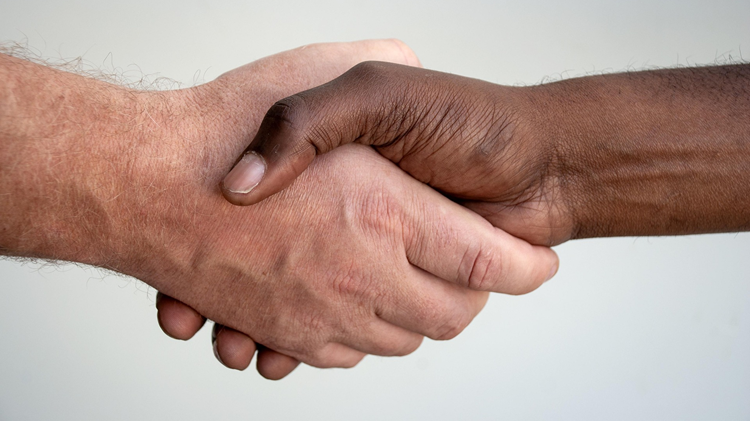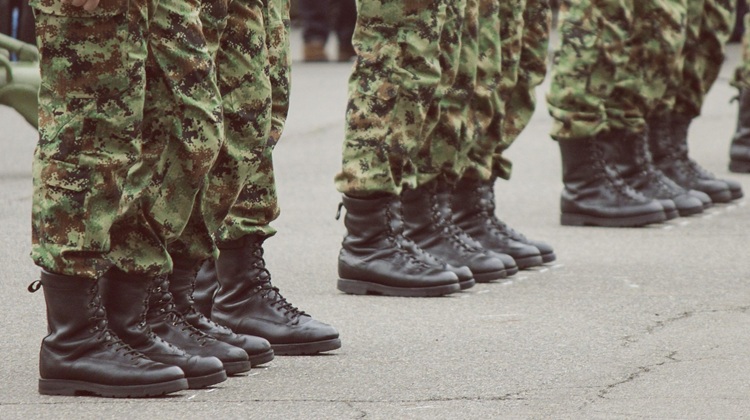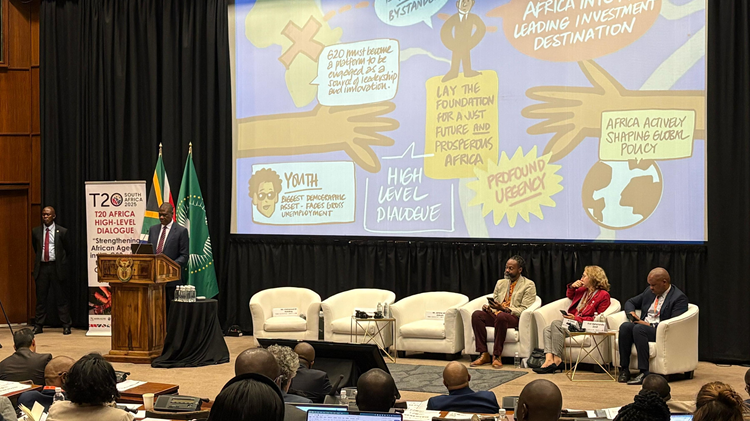Why climate diplomacy needs more imagination
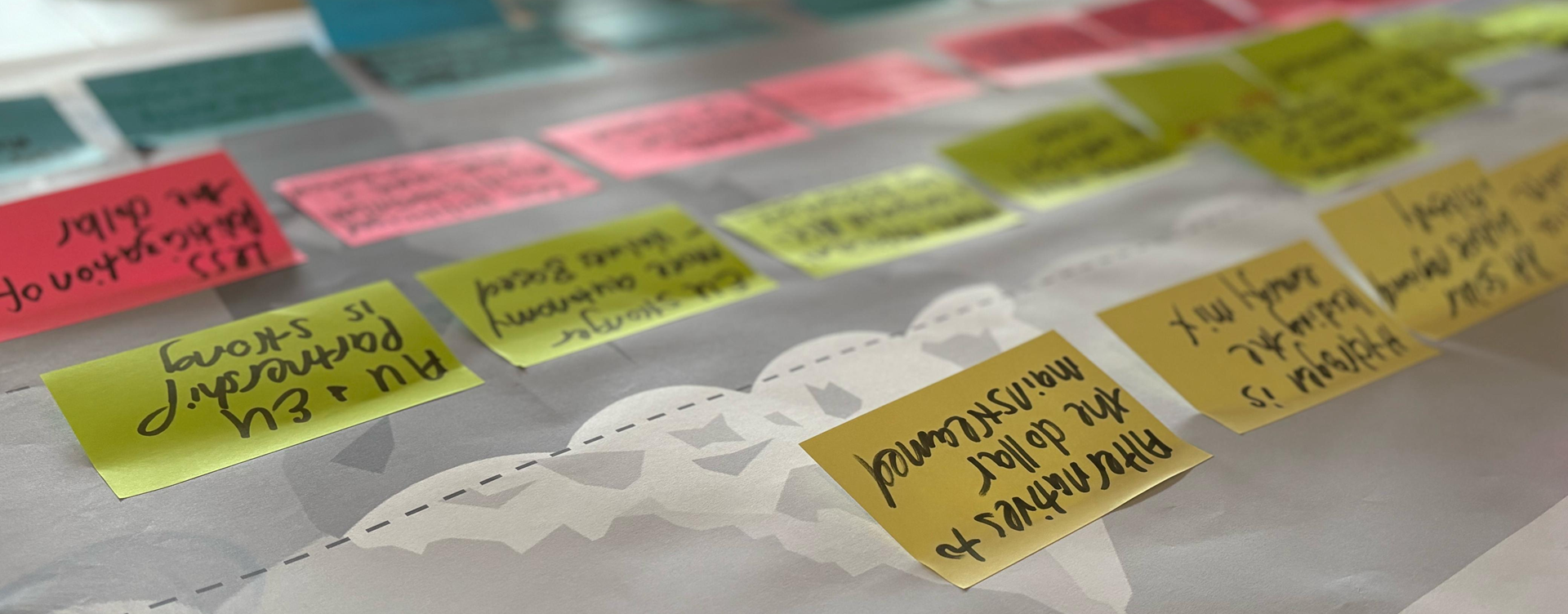
Powerful insights from our shared Futures Dialogue on Africa–Europe climate and energy diplomacy
What if climate diplomacy went beyond just targets, funding pledges and technology transfers, and began with rethinking the rules of engagement entirely? That was the spirit behind the recent bilateral Futures Dialogue between South Africa and the Netherlands, co-hosted by the African Futures Programme at the Institute for Security Studies (ISS), South African Institute of International Affairs (SAIIA) and Clingendael on 24 April 2025 at ISS’s offices in Pretoria.
Far from a conventional roundtable, the Dialogue combined forecasting and foresight to reimagine shared futures for African–European climate and energy diplomacy. The workshop revealed the need for diplomacy to evolve from a model of instruction and compliance to one of honest exchange and co-creation. Below are four key insights from the Dialogue.
Diplomacy needs to evolve from a model of instruction and compliance to one of honest exchange and co-creation
Reclaiming “just” in just transitions
Much is said about the need for a “just transition”. However, one of the clearest lessons from the Dialogue was how rarely we interrogate what “just” really means and, more importantly, what it truly demands. Too often, it is treated as a moral ideal or policy afterthought when in reality, it is a fiercely contested, politically charged and context-dependent issue that shapes policy across the board. For some, justice means secure jobs and livelihoods. For others, it means energy sovereignty, historical redress, or not being left behind. A truly just transition, therefore, demands deeper listening, sharper foresight and a shift in how climate priorities are framed—and by whom. Until those questions are asked (and answered) explicitly, the promise of justice risks remaining aspirational, rather than actionable.
Collaboration must be honest and adaptive
The global imperative to decarbonise does not neatly align with Africa’s development trajectories. Pretending it does is neither strategic nor sustainable.
Africa’s energy landscape is marked by a stark paradox of immense energy potential against a reality of stark energy poverty among its rapidly growing population. Without systemic and coordinated interventions, up to 615 million Africans could still be without electricity by 2043.
Europe’s push for rapid decarbonisation is equally uncompromising. However, its leadership in climate diplomacy is not without internal contradictions. Europe faces strategic dependencies on imported critical minerals, fragile energy supply chains and rising political pressure to shield its green industries. These pressures expose the limits of its climate leverage and complicate its efforts to lead globally while maintaining domestic consensus.
Africa’s development needs are urgent and non-negotiable. Europe’s net-zero ambitions are resolute but increasingly vulnerable. Bridging these imperatives requires a new era of climate diplomacy. Collaboration cannot mean that Africa adapts to Europe’s pace; it must mean redefining engagement rules altogether toward equity. The Dialogue made clear that meaningful collaboration requires confronting these tensions head-on. Progress will not come from harmonised talking points but ongoing, sometimes uncomfortable, conversations.
Worldviews shape systems, and outcomes
Building on extensive forecasts and modelling, the workshop utilised participatory foresight methods to reveal the cultural narratives and underlying assumptions influencing policy decisions. It demonstrated how prevailing beliefs, such as “growth equals progress” and “technology will save us,” can obscure systemic risks and perpetuate existing inequalities under new disguises. Unpacking these mental models is essential if we are serious about transforming, not just tweaking, our climate and energy systems.
Without imagination, diplomacy recycles the past
Climate diplomacy needs to be as creative as the challenges it confronts. Without space for imagination and honest exchange, diplomacy risks becoming performative, repeating the gestures of cooperation while sidestepping the deeper fractures that stall progress. Imagination here is not utopian. It is strategic. It expands the field of what is politically and economically possible, particularly for African states navigating the twin imperatives of development and decarbonisation. By shifting the question from “what must Africa do?” to “what have we learnt and what futures can we shape together?”, radically different futures surfaced. For example, participants reframed climate mitigation as elite enforcement to being a development catalyst, turning carbon levies and green funds into engines for green industrial hubs and skills incubators. They also imagined diverting a share of emissions-tax revenues into a ‘climate recovery fund’, providing rapid financing for communities hit by extreme weather and rebuilding resilient infrastructure.
In a world of competing crises, perhaps the most strategic act is to slow down, listen and engage with intent. Climate diplomacy is about more than energy and carbon—it is about narratives, partnerships and the courage to imagine and build better futures.
In a world of competing crises, perhaps the most strategic act is to slow down, listen and engage with intent
The Futures Dialogue did not solve the climate crisis. But it proved something more fundamental: that when you create a structured space for tension, creativity and honest exchange, diplomacy becomes a tool for transformation. You do not only talk about the future, you begin to build it.
As the African Union claims its seat at the G20 and the COP30 looms, there is a chance to redefine global engagement terms and align who defines success, who speaks first and who gets heard.
Image: Alize le Roux/AFI

